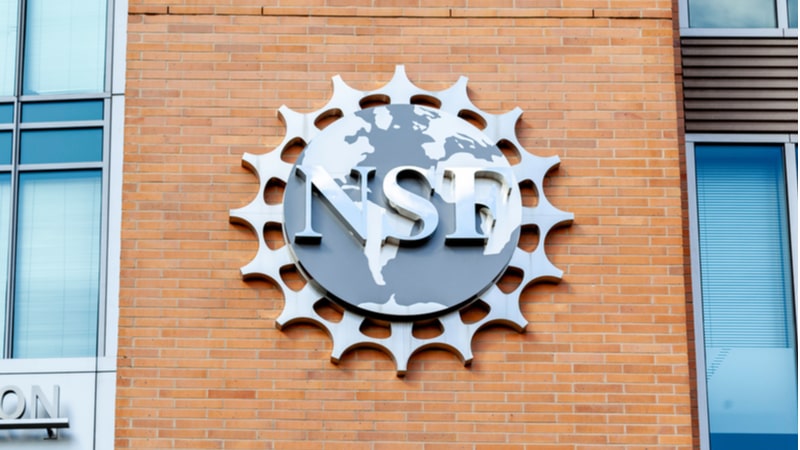
The National Science Foundation (NSF) has awarded 18 university research teams across the country a total of $29 million to conduct research on quantum-scale sensors.
Each research team will receive between $1 million to $2 million over four years to conduct research into quantum phenomena and conduct a “broad range of exploratory research activities,” stated the agency.
“For decades, scientific exploration at the quantum scale has yielded surprising discoveries about how our universe works — and tantalizing possibilities for quantum-enabled technologies,” said NSF Director Sethuraman Panchanathan.
The awards are part of the “NSF’s broader strategy to realize the scientific and technological advances called for in 2018’s ‘National Quantum Initiative Act’ and, specifically, 2022’s Bringing Quantum Sensors to Fruition report from the National Science and Technology Council,” stated the agency.
Some research projects now in play include developing quantum sensors with helium-4 using 2-d materials, driving advances in magnetic materials and devices with quantum sensing of magnons, and improving geodesy and gravitational sensing with quantum sensors of time.
Research universities receiving the new funding include:
- University of Wisconsin-Madison
- University of Nevada, Reno
- University of Oregon
- University of California, Los Angeles
- Case Western Reserve University
- West Virginia University
- University of Colorado Boulder
- University of California, Santa Barbara
These awards come on top of NSF’s recent investment of $38 million in research into quantum science and engineering through the Quantum Information Science and Engineering (ExpandQISE) program, which also funds research at various universities across the country.
“We are now taking the next step in quantum research through these projects and others, which combine fundamental research with potential applications that can positively impact our lives, our economic prosperity and our competitiveness as a nation,” stated Panchanathan.
